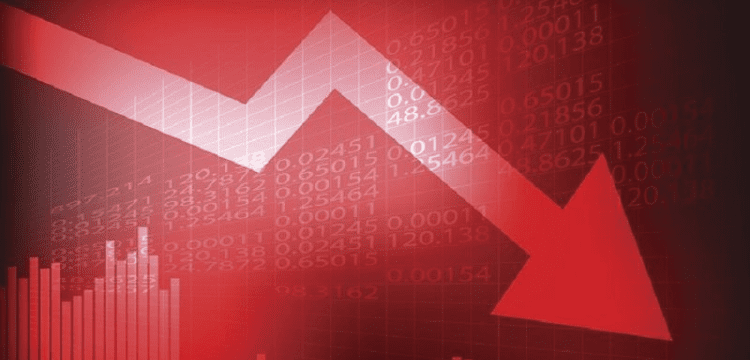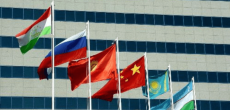[vc_row][vc_column][vc_column_text dp_text_size=”size-4″]According to figures released on Wednesday, British inflation decreased in November from its 41-year high in October but is still high as a cost-of-living problem causes economic disruptions all throughout the country. According to a statement from the Office for National Statistics (ONS), the Consumer Prices Index decreased to 10.7% last month.
In contrast, the rate in October was 11.1 percent, which was the highest level since 1981. The market had anticipated a result of 10.9 percent for November. The minor slowdown was accompanied by drops in the price of gasoline, but inflation is still strong as a result of skyrocketing domestic energy and food prices.[/vc_column_text][/vc_column][/vc_row][vc_row][vc_column][rs_space lg_device=”30″ md_device=”” sm_device=”” xs_device=””][vc_column_text dp_text_size=”size-4″]The information was released ahead of the Bank of England’s interest rate decision, which is anticipated to result in the ninth consecutive increase as regulators attempt to control skyrocketing prices. Additionally, strikes are sweeping the industry as workers protest low pay that hasn’t kept up with inflationary increases.
Grant Fitzner, chief economist for the ONS, highlighted that ” Although still at historically high levels, annual inflation eased slightly in November”. The most noticeable example of this is motor fuels, which are still rising in price but at a slower rate than at this time last year.
Finance Minister Jeremy Hunt attributes the rise in energy prices to both the lifting of Covid limits and Russian President Vladimir Putin’s war in Ukraine.[/vc_column_text][rs_space lg_device=”30″ md_device=”” sm_device=”” xs_device=””][vc_column_text dp_text_size=”size-4″]”The aftershocks of Covid-19 and Putin’s weaponisation of gas mean high inflation is plaguing economies across Europe, and I know families and businesses are struggling here in the UK,” Hunt said.
“Getting inflation down so people’s wages go further is my top priority.”
“I know it is tough for many right now, but it is vital that we take the tough decisions needed to tackle inflation — the number one enemy that makes everyone poorer.”
Meanwhile, economists predict that the BoE will increase its benchmark lending rate on Thursday from 3.0 percent to 3.5 percent, further pinching households with higher credit prices.[/vc_column_text][/vc_column][/vc_row]











